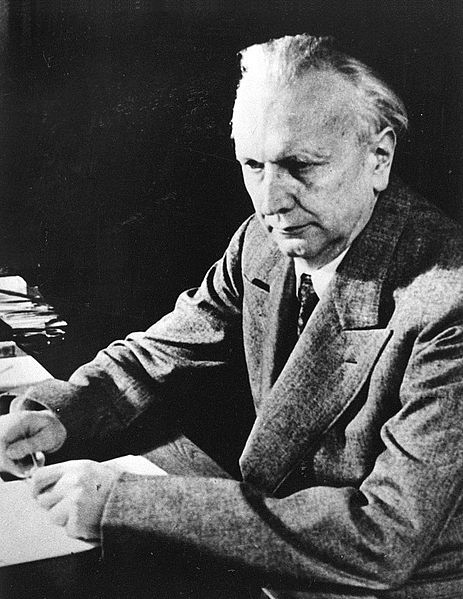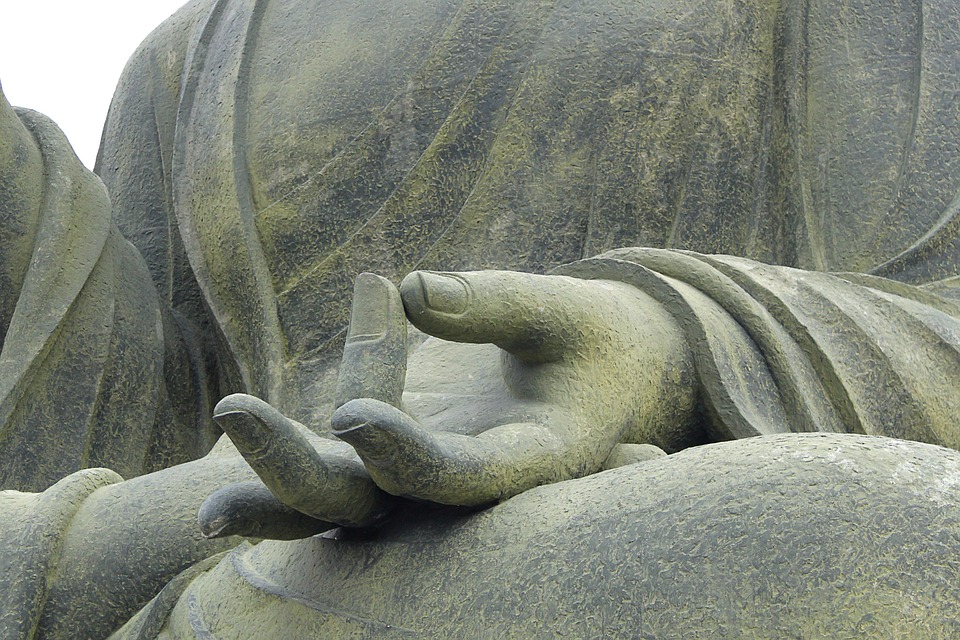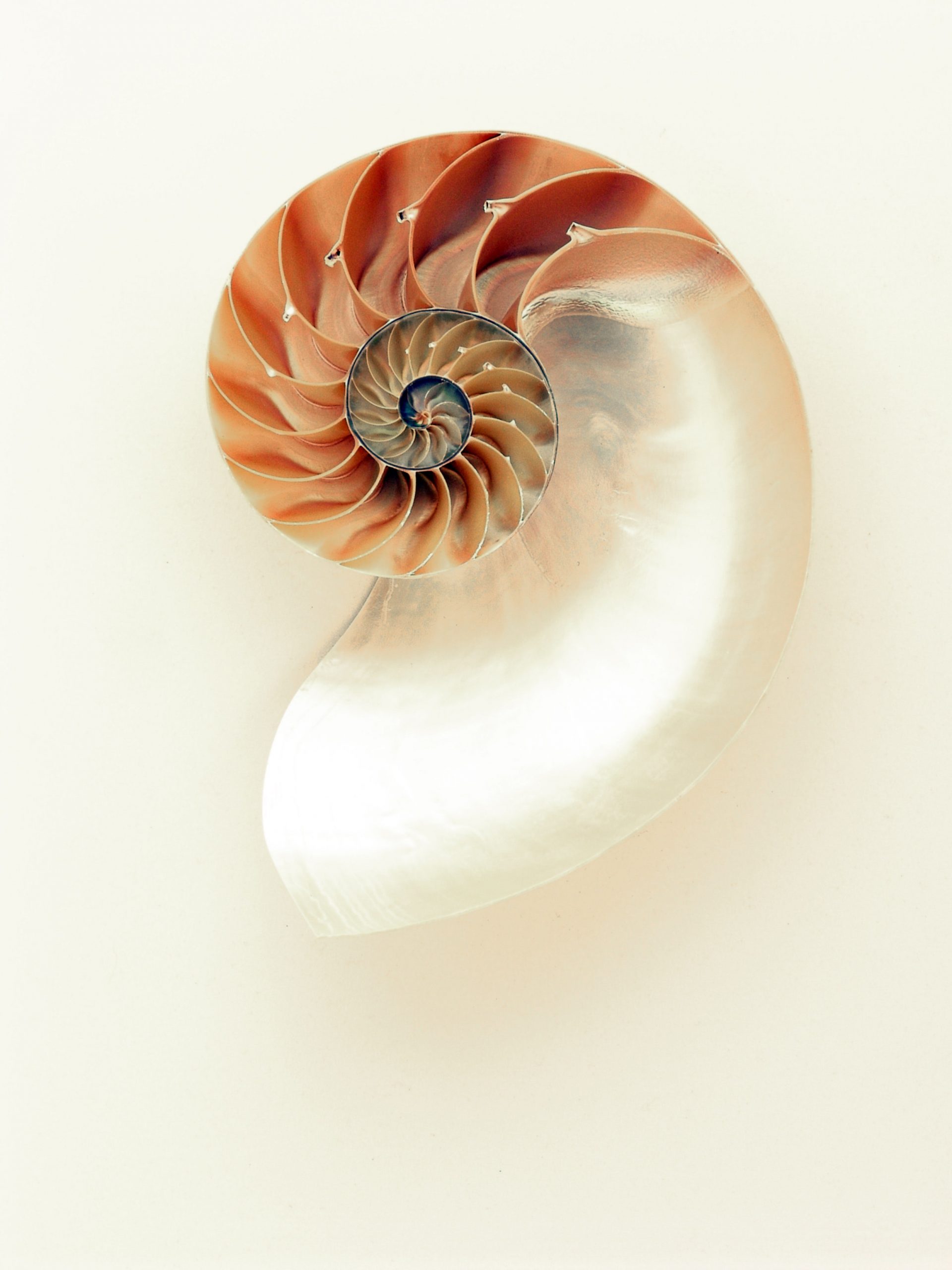The Mystery of Time in Various Cultures
Article By Miha Kosir
 Part I, Individual Perception of Time
Part I, Individual Perception of Time
Why is the phenomenon of time a mystery? It is easy to understand the idea of time taken as a norm to measure the passing minutes and hours, which we do with atomic precision, but when we start questioning the nature of time, it all starts to change.
Many questions arise: can we perceive time as such or are we only aware of the events that pass through time? Are future and past part of time or are they only mental abstractions? How do other living beings perceive time and, if differently, what is the reality? If time as such exist, does it have a beginning and consequently an end? Can time exist without a memory? Is there something beyond time?
We can look at the subject on two levels: first how we perceive time as individuals and secondly how we do so on a cultural level. In this article I will look at the individual perception of time. In order to explore this, we can look at today’s behavioural neuroscience or study of the brain, which is trying to understand what kind of a process is taking place when perception of time occurs. Researchers describe a highly complex pathway of nerves, neurotransmitters, and different parts of the brain forming a mechanism that is still not entirely understood. In all this research different theories have been put forward and different conclusions reached. The main idea is that our perception of time is the outcome of the information received by our sensory organs and is reconstructed in our brain, which means that we are not experiencing time itself, but it is a projection of our mind. It is like a movie, impressions on a celluloid film, appearing as something continuous, but otherwise made of many individual bits of information. Traditions like Buddhism or Hinduism already spoke of this. Not only time, but everything that we perceive through our senses is filtered through our personal lenses, and it is illusory, because it is not the thing itself: they called it Maya.
The perception of time also changes according to the situation we are experiencing. It is well known to all of us how time goes much slower when we are experiencing something that we don’t like, and how ‘time flies when we are having a good time’, or as Pliny the Younger put it: “The happier the time, the shorter it seems.”
Some practical advice is not to extend time by being unhappy and miserable, because we can increase perception of time in a different way. When we do something new, we automatically pay more attention to the novelties and collect more information, hence the notion of time seems longer. When we do things out of routine, like an autopilot, without much awareness, time just disappears, as if we were not present, which is true, because our mind and consciousness are somewhere else.
If our experience is linked to our consciousness, that is, where the attention is, it would be beneficial for the consistency of awareness if we were able to fix the attention and still the mind. This would help us to perceive the present moment in a more pure and undisturbed way and to experience reality more objectively. The ‘power of now’ gives us a full experience from which we learn and thrive. It is not an easy task, but it can be developed with practice. Yoga, mindfulness, meditation, contemplation, reflections are not only spiritual practices, they are very basic preliminary stages of personal development. Every moment of time carries in it a full spiritual potential, no matter how trivial and mundane it appears. We are never really separated from our spiritual nature, and hence we are essentially spiritual beings, except that we are not aware of it in our daily routine.
How the timeline and sequence of events can be completely lost is well known in the therapeutic world. The mind distorts the reality of the present moment and reconstructs a reality based on past experience. This has been well documented through the research of trauma. A great illustration of this work is the book Waking the Tiger by Peter Levine. The negative experience of a past event which has not been resolved is stored in the body. The experience reoccurs over and over again, as if it were happening in the present moment again – this is trauma. It can also be seen as an energetic blockage, which obstructs the natural flow and harmony and eventually causes illnesses.
This information also supports the idea of the complexity of human being. The human being is a multi-layered being. As individuals we have many different ‘bodies’ apart from the physical, which is another reason why time is not always perceived equally; it relates to the dimension where the experience is happening. When we dream, we do not usually perceive our physical dimension, but the so-called astral plane, where time also moves differently. The same also happens on the mental level. There are people who experience a transcendent or blissful state of being, where there is no awareness of time, and not even an awareness of self either. Plato writes in The Symposium of an account of Socrates being spotted standing motionlessly from one morning until the next dawn. During the evening people gathered close to him sleeping on the mats to see if he would stay there motionless during the whole night, which to their amazement he did, and in the morning continued the day as normal. And if we look again towards the East, we will encounter numerous yogis who spend months and years in continuous meditation, sometimes even without food and water. Their consciousness has moved above the senses and physical reality. Because we do not master our mental body, we don’t really know how to use these tools with their full potential. But it is important to understand that we have them and that they are available when we are ready.
Plato wrote in the Timaeus that ‘Time is a moving image of eternity’. The ancient Greeks understood that time has to do with movement and change, and that everything in this manifested universe is subject to time. Time itself is not a measure, but motion itself, which reflects eternity, while eternity itself is unchanging and the cause of change. Similarly, as we learn from the philosophies of the East, our senses can only perceive changing reality. But our mind, using intellect or intuition, can rise above the senses and experience no-time or eternity, which offers a glimpse of that blissful state.
What, then, makes time so special? The notion of time is not only a physiological fact, but its experience essentially relates to the mind faculty, and the mind is everyone’s own responsibility. And leaving psychology aside, time becomes very personal to all of us, as we all have our allotted time and we can remind ourselves that time is limited. If life was given to us, we have an opportunity to develop our higher faculties to experience greater reality. In that sense time is precious and priceless. But unfortunately, for most of the time we are not aware of it, as the tentacles of Maya run deep. As the Stoic philosopher Seneca said: “It is not that we have a short life to live, but that we waste much of it.”
Image Credits: By Pexels | CC BY PD
The entity posting this article assumes the responsibility that images used in this article have the requisite permissionsImage References
By Pexels | CC BY PD
Permissions required for the publishing of this article have been obtained




What do you think?